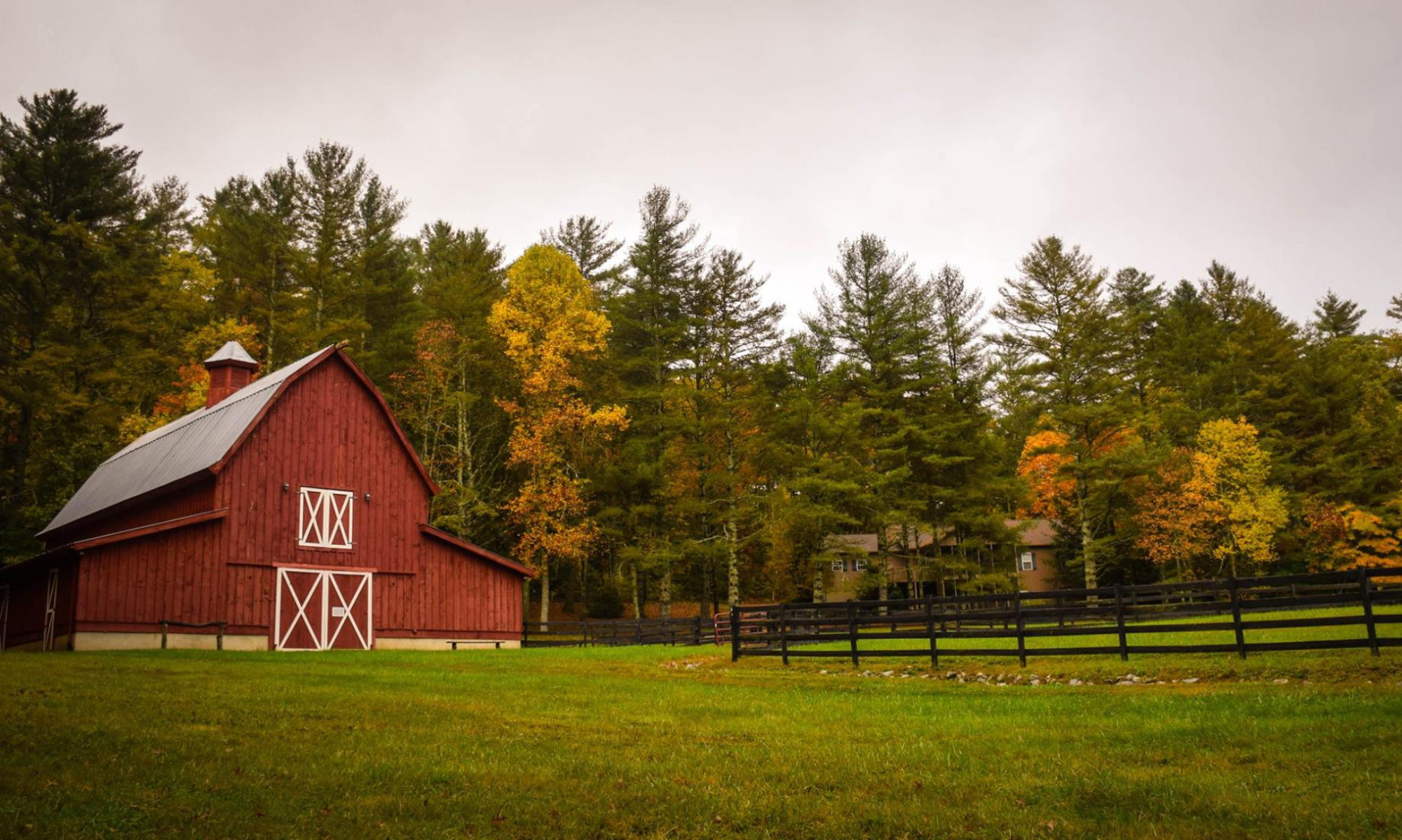A recent press release by the League of Rural Voters left me scratching my head:
League of Rural Voters Adds its Voice and Support for Sirius/XM Satellite Radio Merger
May 31, 2007
SIRIUS/XM SATELLITE RADIO MERGER CRITICAL TO GROWTH AND DEVELOPMENT OF RURAL COMMUNITIES
Minneapolis, MN – The League of Rural Voters urged the Federal Communications Commission (FCC) to approve the merger between XM Radio (Nasdaq: XMSR) and SIRIUS Satellite Radio (Nasdaq: SIRI), noting that the combined entity would offer listeners in rural communities more programming options at lower prices than those currently available from the two companies separately.
“In many rural areas throughout America, commercial radio reception can be extremely limited. Satellite radio has offered listeners in rural areas a robust alternative with hundreds of specialized channels that meet the programming needs of rural America,” said Niel Ritchie, the League’s Executive Director.
Consolidation of the commercial, over-the-air radio industry over the last decade has left much of rural America behind in recent years, as locally-owned stations are replaced with corporate conglomerates producing homogenized content with so-called local news and weather delivered from offices hundreds of miles away.
So, the League of Rural Voters is voicing support for the consolidation of the satellite radio industry to help deal with the negative impacts of consolidation of over-the-air radio stations.
Huh?
Of course, there is the line that you expect to hear from the executives at Sirius and XM. Only it’s right there in the League of Rural Voters press release:
[T]he combined entity would offer listeners in rural communities more programming options at lower prices than those currently available from the two companies separately.
Isn’t that what all companies who want to merge say? This merger will allow us to combine our efforts to bring more (insert product or service) to consumers at a lower cost.
Senator Herb Kohl (D-WI) agrees. On May 23, 2007 Kohl wrote a letter to the Justice Department and Federal Communications Commission urging them to block the proposed merger. Kohl is the chairman of the Senate Judiciary Committee’s Antitrust, Competition Policy and Consumer Rights Subcommittee, which held a hearing earlier this year to examine the XM-Sirius merger. In a letter to regulators, Kohl wrote:
I have concluded this merger, if permitted to proceed, would cause substantial harm to competition and consumers, would be contrary to antitrust law and not in the public interest, and therefore should be blocked by your agencies.
As you know, XM and Sirius are the only two providers of satellite radio service in the United States. If satellite radio is considered to be a distinct market, this merger is to a two to one merger to monopoly and should be forbidden under the antitrust laws. If satellite radio is a separate market, the combined firm will have the ability to raise price to consumers, who will have no choice to accept the price increase. Such a result should be unacceptable under antitrust law and as a matter of communications policy. [snip]
The merger’s proponents, however, argue that new technologies will in the future create competitive alternatives. However, only new entry that is “timely” is properly considered to be a competitive alternative under antitrust analysis. “Timely” means likely to be on the market within the next two years. No new technology satisfies this requirement. [snip]
In addition, the parties concede that, due to the enormous capital expenditure running into billions of dollars for new satellites, as well as the regulatory difficulties in obtaining new spectrum licenses, the parties concede that the entry of a new satellite radio service is unlikely. [snip]
In sum, because this merger will result in a satellite radio monopoly, it will violate section 7 of the Clayton Act which forbids any merger or acquisition when “the effect of such acquisition may be substantially to lessen competition, or tend to create a monopoly.” Elimination of the head-to-head competition currently offered by XM and Sirius leaving only a monopoly satellite radio service will likely result in higher prices and poorer service being offered to consumers. Satellite radio is a unique service for which none of the other audio services is a substitute. Uncertain promises of competition from new technologies tomorrow do not protect consumers from higher prices today. The antitrust laws should not countenance such a dangerous outcome. I therefore urge the Justice Department to bring a legal action to block this merger.
Further, because of the likely harm to competition and consumers, we believe this merger is not in the public interest, and we likewise urge the FCC to deny approval to this merger under the Communications Act. Nor has there any basis demonstrated for the FCC to eliminate its rule — first promulgated when satellite radio was licensed in 1997 — that there be at least two licensees for satellite radio.
I therefore urge that both of your agencies take all necessary actions to deny approval of this merger and prevent the creation of this satellite radio monopoly.
That last point in bold above warrants further explanation. When satellite radio came about in the late 1990s the FCC created two spectrum slots for two independent license holders. The argument used at the time was that two licensees holders in the satellite radio market would provide an “an incentive to diversify programming.â€
I want to return to the to the position of the League of Rural Voters though. Unless Sirius and XM are both in danger of imminent and complete collapse, and a merger in particular is the only way to ensure that satellite radio in some form can continue, I don’t really understand the position of the League. Furthermore, I can’t find anyone claiming that such imminent demise awaits either (and certainly not both) Sirius and XM.
The argument that is advanced in the League’s press release is that a merged company will offer more programming options at a lower price. This runs counter, however, to the original intention by the FCC of creating spectrum space for two satellite radio companies to ensure a diversity of programs and a competitive market to keep prices in check.
I don’t think the FCC is likely to forget their reasoning, and I offer their recent rejection of the EchoStar Dish TV and DirectTV merger as a clue to what their opinion of the Siruis and XM merger will be.
The merger would create the largest satellite television company, merging EchoStar’s Dish Network with Hughes’ DirectTV. The companies claimed that the merger would help them compete better with cable and would make it more feasible for them to carry local television broadcasts.
But the FCC rejected these claims. In most urban areas of the country, the number of pay television competitors would drop from three, including the local cable franchise, to two if the merger were approved, the FCC said. And in many rural areas, the combined satellite company would have a monopoly on paid television services.
Having such little competition would actually decrease the incentive for the combined satellite television company to offer local programming, the FCC said.
“Such a loss of competition is likely to harm consumers by eliminating an existing viable competitor in every market; creating the potential for higher prices and lower service quality; and negatively impacting future innovation,” the FCC said in a statement.
A government regulator doing their job to keep corporate powers in check while watching out for the common consumer. How refreshing.
A merger of Sirius and XM would almost certainly guarantee a permanent monopoly in the satellite radio business. Therefore, lacking compelling reasons to think otherwise, I am inclined to err on the side of a competitive marketplace when determining what will be best for consumers.





